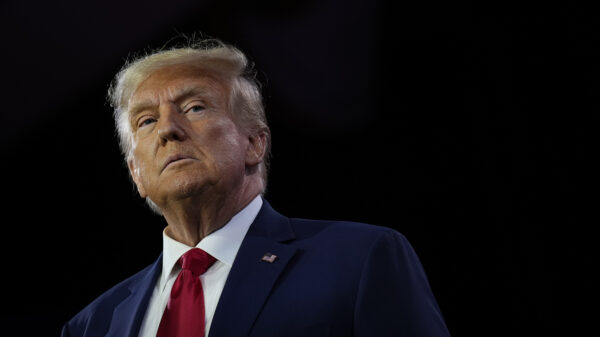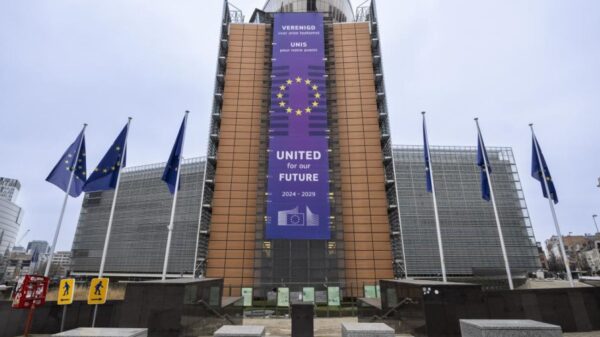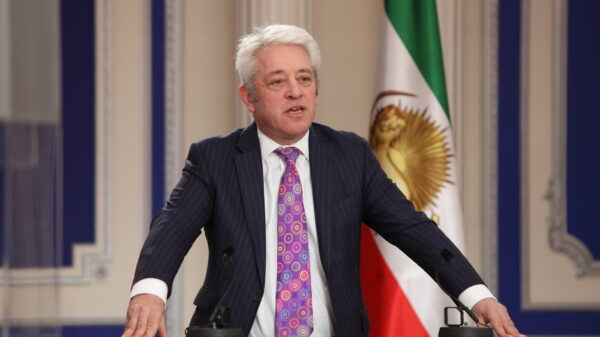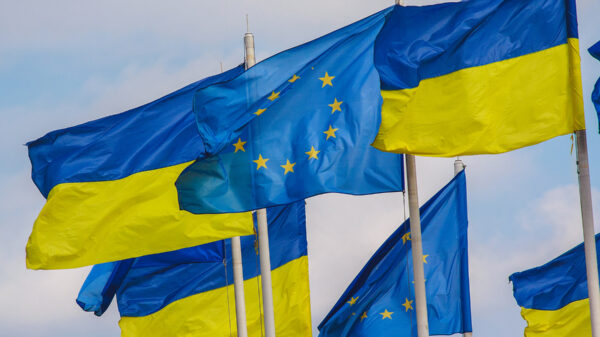
 PA Media
PA MediaLondon hospitals have written off more than £112m in unpaid treatment bills from overseas patients between 2018 and 2023, according to figures obtained by the BBC.
Under current NHS regulations, hospital trusts in England must charge patients who are not “ordinarily resident” in the UK for non-urgent treatment.
Critics argue that the current system for recouping these costs is unfair and ineffective.
The Department of Health and Social Care (DHSC) said it expected all NHS trusts to recover any charges not paid in advance wherever possible.
The BBC contacted all 32 of London’s acute hospital trusts about their overseas patient billing.
The responding NHS trusts invoiced a total of £223m for such treatments over the five-year period, but £112m was subsequently written off as bad debt.

 Getty Images
Getty ImagesThough emergency and GP services remain free for everyone, trusts are required to bill for other types of non-urgent treatment for patients who do not ordinarily reside in the UK and charge at 150% of standard NHS rates.
This premium is meant to cover the administrative burden of identifying patients and pursuing payment.
While aimed at tackling “health tourism”, the charging system has exemptions for vulnerable groups including asylum seekers and trafficking victims.
But hospitals often struggle to recover costs, particularly when patients return overseas.
Trusts balance their legal obligation to recover costs and the realities of treating patients in need, many of whom have limited means or face other barriers to payment.
Barts Health, serving a large population in east London, wrote off £35m in unpaid bills over the five years – the highest among all responding London trusts.
A spokesperson said: “Where appropriate, we make every effort to recover payment from patients who are liable for the cost of their treatment.
“However, many patients may have limited funds available and some will not be resident in the UK, which means recovering payment can be difficult.”
‘Fairness and proportionality’
King’s College Hospital abandoned £17m, while 10 other trusts each wrote off more than £1m in unrecovered fees.
A spokesperson for King’s College Hospital said: “We take seriously our legal obligation to identify patients presenting at our hospitals who are not eligible for free NHS treatment.”
The spokesperson added that the trust works “to ensure we embed fairness and proportionality principles into our income recovery processes”.
Lewisham and Greenwich Trust, which wrote off £11m, said it would “never deter anyone from seeking treatment, especially as many of these patients are using our maternity services”.
A spokesperson emphasised that they “work closely” with patient groups and partners on charging arrangements, “always ensuring we act in an empathetic, compassionate and supportive way towards all patients”.
‘I feel like a negative person here’


The British Medical Association (BMA) has been consistently critical of the charging policy, arguing that it deters vulnerable groups from accessing necessary healthcare while diverting NHS staff time away from patient care.
Patients like Beni, who asked the BBC to change his name, say it can be devastating.
A disabled man applying for UK residency, Beni was pursued for £495 after attending two hospital appointments for a prosthetic leg fitting by a London hospital trust.
“It was a horrible experience or negative experience because the hospital was very rude with me and more aggressive with me even though I’m disabled and I needed some help,” he told the BBC.
“I felt like I’m a negative person here, because I cannot do anything. Cannot work, I cannot do nothing.
“They charged me £495 just for checking, and it was very expensive for me because at that time I couldn’t work and I didn’t have any income.
“So, I tried to pay it monthly for a long time until I can finish it.”


The BMA also maintains that doctors should not have a role in assessing patients’ eligibility for free NHS care.
Dr Omar Forge Risk, a campaigner against NHS charging for overseas patients, said the charging system was harmful to public health.
“The reality is that if [patients] were paying back any more, it would push them into destitution,” he said.
“Ultimately, if you’re charging patients and pushing them more into ill health and into destitution, the costs from any perspective will be greater in the long run.”
‘Health tourism is a massive problem’

 PA Media
PA MediaThe BBC spoke to several doctors who recounted their experiences with the charging system, though they did not wish to be identified.
An emergency medicine practitioner who previously worked in London said they had “multiple patients” who came to this country in renal failure, from a variety of different countries, because they could not get treatment or it was too expensive to get dialysis in their own country.
A central London oncologist argued that “health tourism is a massive problem, it’s a huge problem”.
“Everyone knows the NHS is free at the point of care and most doctors will say it’s not their responsibility to police the system,” they said.
“It’s difficult when a patient is desperate for care. Policing needs to occur at an earlier stage.”
‘Maximum value’
Government modelling published in 2023 by the then health secretary Jeremy Hunt estimated that more consistent charging of overseas patients could yield an extra £500m per year for the NHS.
However, the true extent of unpaid bills remains unclear, as the £223m invoiced only represents patients identified as chargeable, while many others may receive treatment without ever being billed.
The current government has defended the charging system and said “tens of millions of pounds” were recovered each year.
A DHSC spokesperson added: “Overseas visitors – and those who are not lawfully settled here – should contribute towards their treatment in recognition of the additional cost to the NHS.
“We are committed to getting maximum value for taxpayers’ money.”
































